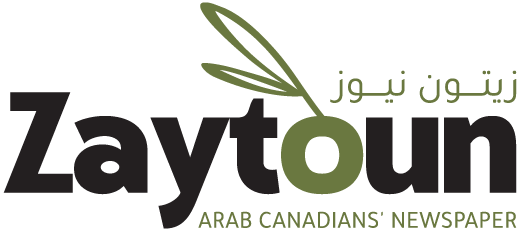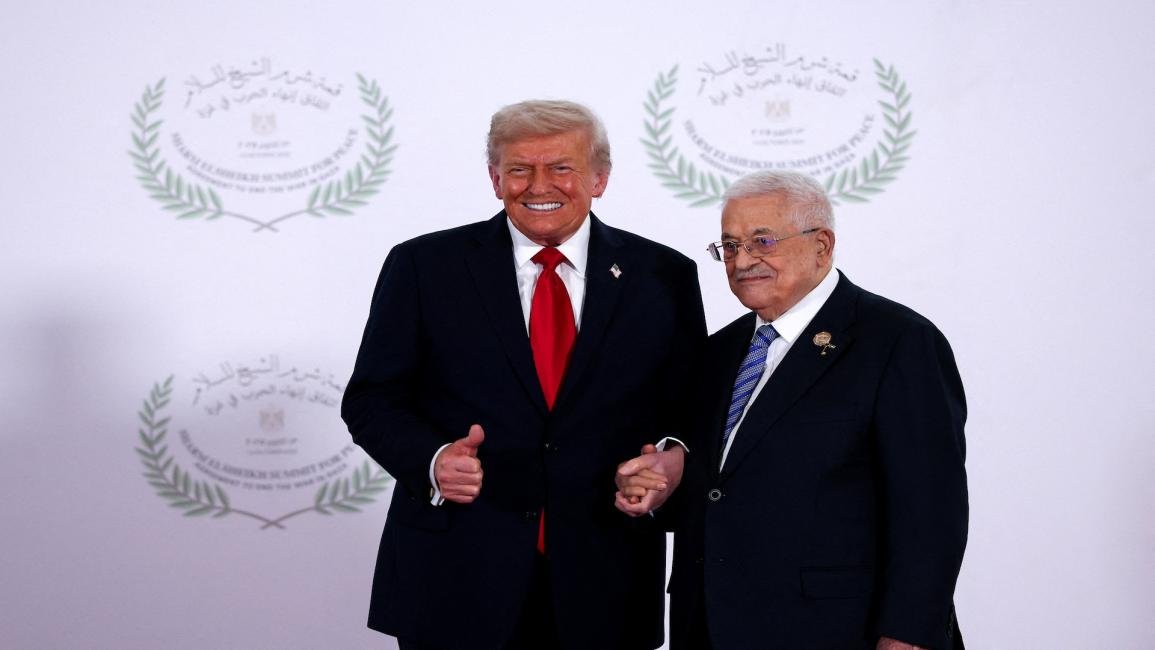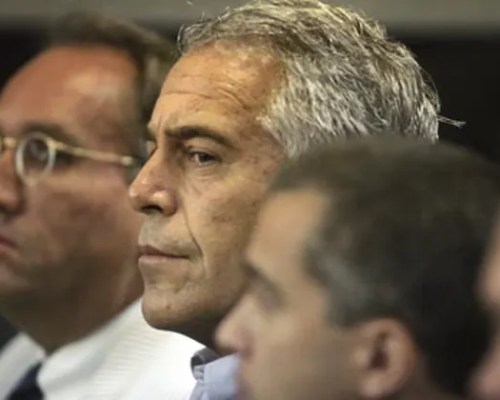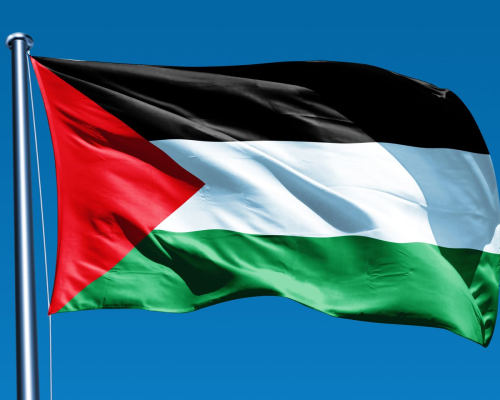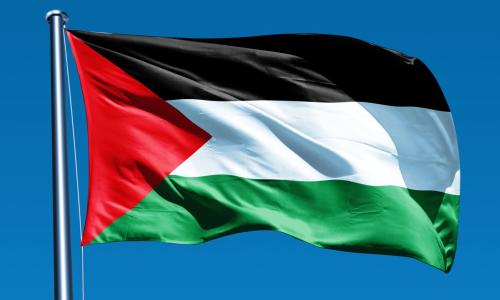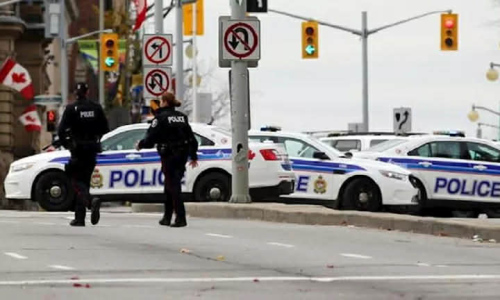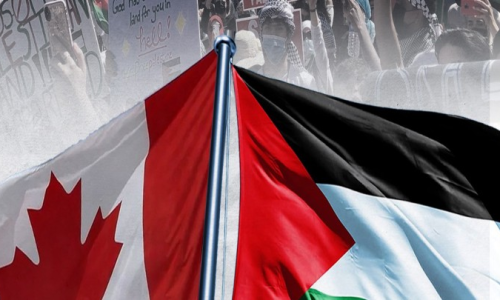Washington – Ramallah – Taghreed Saadeh
Diplomatic sources told the Axios website on Wednesday that U.S. Ambassador to the United Nations, Mike Waltz, held a meeting on Tuesday in New York with Palestinian diplomats to discuss a U.S. draft resolution at the Security Council authorizing the formation of an international security force in the Gaza Strip.
The meeting marks a rare step in direct communication between the United States and the Palestinian Authority regarding “post-war” arrangements in the Gaza Strip, which is undergoing intense efforts to reshape its political and security landscape.
The U.S. draft, described as “sensitive but unclassified,” includes several key points: The creation of an international security or stabilization force in Gaza for a period of no less than two years, with the possibility of extension.
The force’s responsibilities would include securing borders with Israel and Egypt, protecting civilians and humanitarian corridors, training a new Palestinian security force, and contributing to stabilizing the security environment by dismantling the capabilities of non-state armed groups.
The draft envisions a transitional phase, in which the Palestinian Authority would gradually return to govern Gaza after implementing substantial reforms in its security and administrative bodies.
The Palestinian Authority’s participation is conditional on carrying out these reforms, while some Arab and European countries see its direct involvement as necessary for the success of the plan. Israel opposes any immediate Palestinian participation.
The meeting signals a shift in the U.S. approach to the Palestinian issue after years of marginalization. It represents an opportunity for the Palestinian Authority to re-legitimize its role in Gaza following the long period of estrangement during the administration of former President Donald Trump.
Potential participation of the Palestinian Authority highlights the importance of rebuilding trust with Washington and coordinating with influential Arab capitals.
The Palestinian Authority emphasized the need for an active and immediate role in managing Gaza, rather than limiting its role to a later stage after reforms. Israel, meanwhile, considers any direct Palestinian involvement unacceptable at this stage. The United States conditions participation on reforms in security and administrative bodies, which may delay the Authority’s gradual return. Russia and China may request amendments to the draft, potentially complicating its passage.
Following the meeting, Ambassador Waltz briefed representatives of the ten non-permanent members of the Security Council on the draft’s details, aiming to accelerate its submission for a vote within approximately two weeks.
It is expected that the “post-war” phase will begin gradually, with a phased Israeli withdrawal, the launch of a Gaza administration reform program, and the establishment of a Palestinian security force under the umbrella of the international force.
Arab countries, such as Egypt, Jordan, and Qatar, believe that any international force in Gaza should be supported by a core Palestinian role to ensure legitimacy and local participation. Whether the Palestinian Authority participates or is excluded will affect regional support for the plan, particularly regarding funding and political involvement.
If successful, the initiative could restore part of the Palestinian Authority’s role in Gaza and open a new chapter in U.S.-Palestinian relations.
More to add, the rift between the U.S. administration and the Palestinian Authority began during Trump’s first term with his recognition of Jerusalem as the capital of Israel, a decision that angered the Palestinian leadership and was seen as a violation of international resolutions and Palestinian rights. This was followed by the closure of the Palestine Liberation Organization’s office in Washington in 2018, along with cutting U.S. financial aid to the Palestinian Authority, as part of a strategy to pressure the leadership into accepting the “Deal of the Century,” which the Authority fully rejected. These measures collectively froze official communication between Washington and Ramallah and maintained the rift throughout Trump’s first term.
